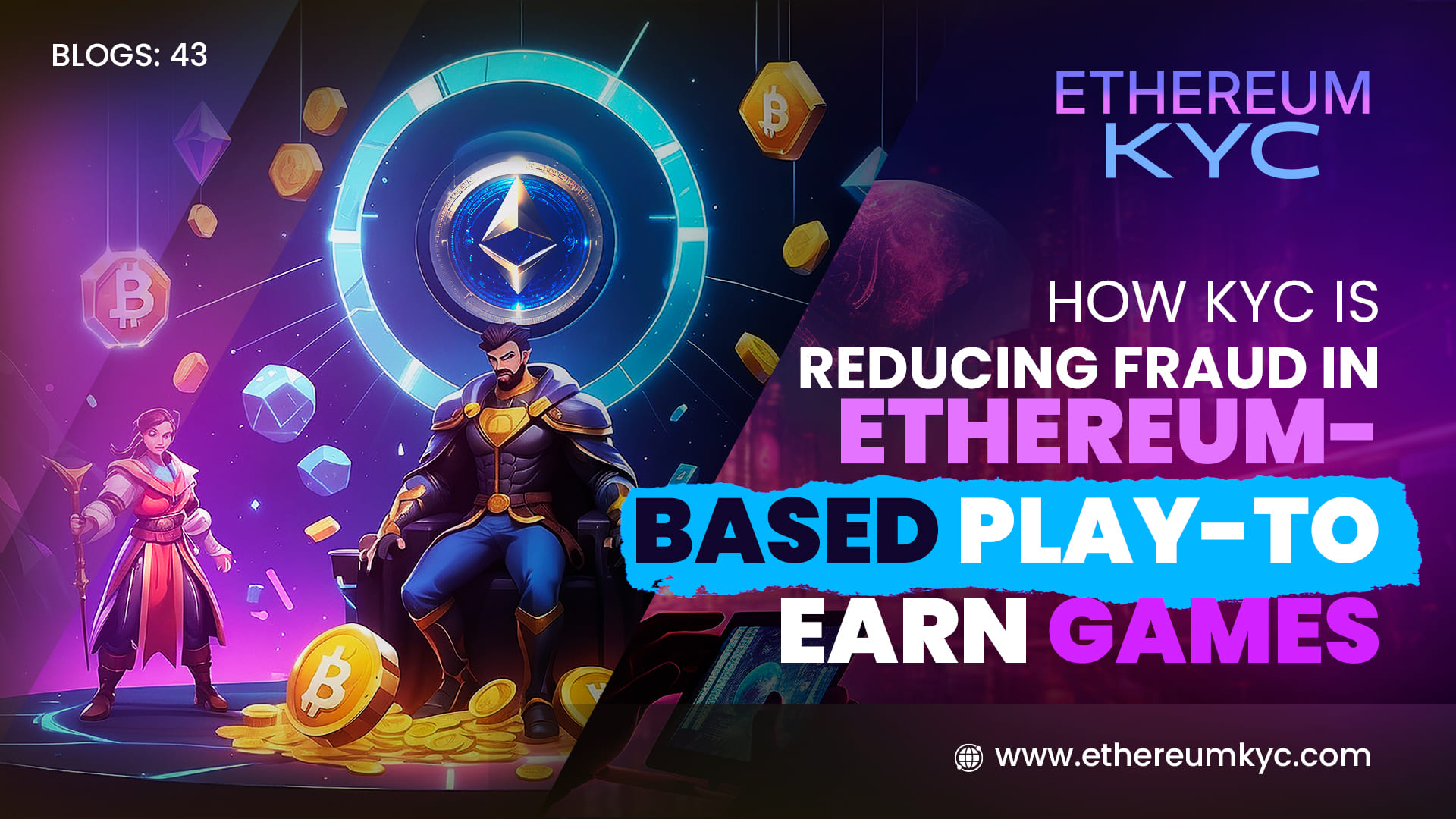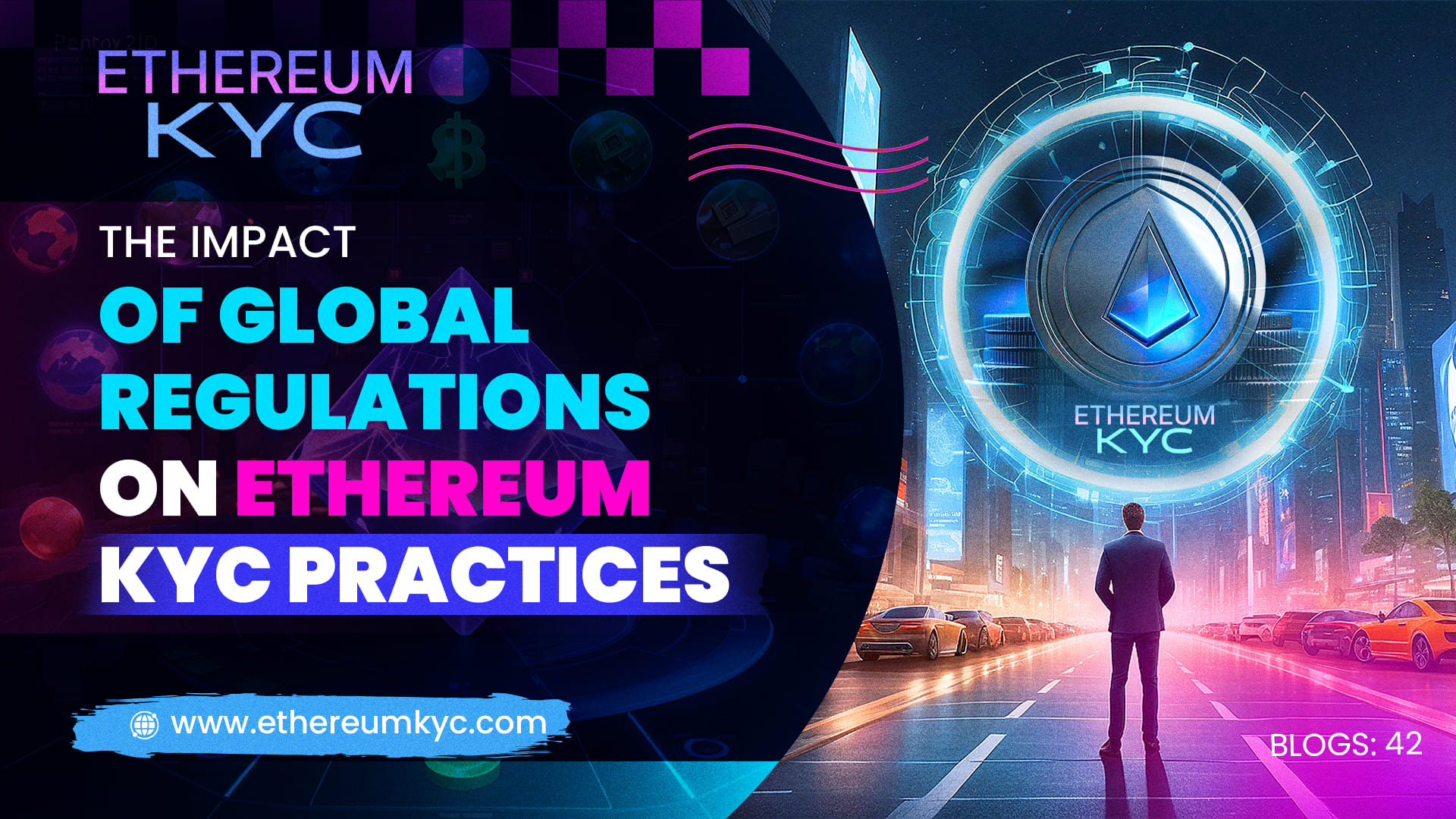May 26, 2025
How KYC is Reducing Fraud in Ethereum-Based Play-to-Earn Games
Play-to-Earn (P2E) games on Ethereum have created new ways for players to earn income through gameplay, NFTs, and in-game tokens. However, the rise of these blockchain-based games has also attracted fraud—botting, multi-account abuse, and reward farming by bad actors. To counter this, many P2E projects are now implementing KYC (Know Your Customer) protocols to verify user identities and protect their ecosystems.
The Fraud Problem in P2E Gaming
Without identity verification, it’s easy for malicious users to exploit loopholes. Common issues include:
- Botting and Automation: Players use bots to farm rewards at scale.
- Multi-Account Abuse: One person controls many wallets to gain unfair advantages.
- Sybil Attacks: Fake accounts manipulate in-game economies and governance systems.
- Reward Exploits: Illegitimate users drain prize pools and undermine fair gameplay.
How KYC Helps
- User Verification: KYC ensures each player is a real, unique individual, preventing multiple accounts and fraudulent activity.
- Bot Mitigation: Identity verification adds a friction layer that deters bot operators and automation tools.
- Fair Distribution: Verified users receive rewards, making the game economy more sustainable and balanced.
- Improved Trust: Gamers are more likely to participate in a system where cheating is actively prevented.
Benefits for P2E Game Developers
- Sustainable Tokenomics: KYC limits abuse, allowing token reward systems to function as intended.
- Community Integrity: With reduced fraud, real players have more trust in the platform and its fairness.
- Attracting Partners and Investors: Verified ecosystems are more appealing to investors and exchanges looking for compliant, secure platforms.
- Enhanced Onboarding: Some games integrate light KYC or tiered verification to balance compliance with user experience.
Examples of KYC Integration in Web3 Gaming
Ethereum-based games and launchpads are increasingly using tools like Civic Pass, Fractal ID, or custom KYC APIs to validate users during NFT mints, tournaments, and high-reward activities.
Conclusion
KYC is playing a crucial role in protecting the integrity of Ethereum-based Play-to-Earn games. By verifying users and deterring fraudulent behavior, projects can create safer, more balanced, and longer-lasting game economies. As the Web3 gaming industry grows, KYC will continue to be a key component of responsible ecosystem design.





